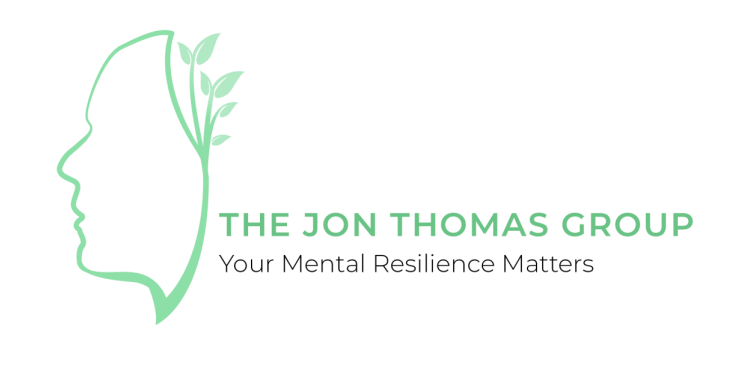
The Transformative Power of Gratitude
Scientific research has shown that practicing gratitude can lead to improved mental well-being, reduced stress levels, and enhanced cognitive function. Moreover, through personal stories and case studies, we will demonstrate the profound power that gratitude can wield in shaping brain health.
The Science Behind Gratitude:
Neuroscientists have delved into the neural pathways involved in gratitude and their resultant effects on the brain. Studies have revealed that gratitude activates key regions of the brain, including the prefrontal cortex and the anterior cingulate cortex. These regions are responsible for regulating emotions, making decisions, and enhancing emotional intelligence.
Improving Mental Well-being:
One of the most striking benefits of gratitude lies in its ability to improve mental well-being. Research has shown that individuals who frequently express appreciation experience lower rates of depression and anxiety. By fostering positive emotions and rewiring neural connections, gratitude helps sculpt a healthier mindset. These changes are visible in brain scans, with increased activity in areas associated with happiness and contentment.
Reducing Stress Levels:
Stress is a ubiquitous aspect of modern life, detrimentally affecting our brain health. However gratitude acts as a natural counterforce, reducing the impact of stress on our neural networks. It emotional regulation by reducing the activity of the amygdala, the brain’s fear center. Studies demonstrate that gratitude lowers stress hormone levels and releases neurotransmitters that promote relaxation and well-being. By incorporating gratitude into our lives, we can rewire our brains to better handle stress.
Enhancing Cognitive Function:
Gratitude is not limited to improving emotional well-being but extends to cognitive health as well. Regularly practicing gratitude has been linked to increased mental flexibility, improved memory, and enhanced problem-solving abilities. Studies have shown that grateful individuals exhibit thicker prefrontal cortex and hippocampus regions, essential for executive functions and memory. Cultivating gratitude can thus help us maintain cognitive sharpness and combat age-related cognitive decline.
The Power of Gratitude:
Real-Life Stories and Case Studies:
Gratitude’s impact extends beyond scientific studies to the realm of personal stories and case studies. We have witnessed the transformative power of gratitude in numerous patients. From trauma survivors to individuals battling chronic conditions, practicing appreciation has allowed them to reframe their perspectives, find inner strength, and rebuild their lives. Gratitude serves as a resilient force, enabling individuals to navigate through adversity and emerge stronger.
Cultivating Gratitude: Practical Techniques:
Incorporating gratitude into our daily lives is both simple and transformative. By fostering a habit of appreciation, we can rewire our brains to focus on the positive aspects of life. Start by keeping a gratitude journal, noting down three things you are grateful for each day. Engaging in acts of kindness, expressing gratitude to others, and regularly reflecting on the positive moments will deepen your sense of appreciation. Furthermore, mindfulness practice can augment the effects of gratitude, as it cultivates present-moment awareness and a deeper connection with our experiences.
Conclusion:
Gratitude is a versatile tool that can significantly impact our brain health. Through scientific research, personal stories, and case studies, we have seen the remarkable benefits of gratitude on mental well-being, stress reduction, and cognitive function. By incorporating practical techniques into our daily lives, we can nurture gratitude as a lifelong habit. Let us be inspired to prioritize gratitude and appreciate the immense power it holds to shape our brain health positively.
